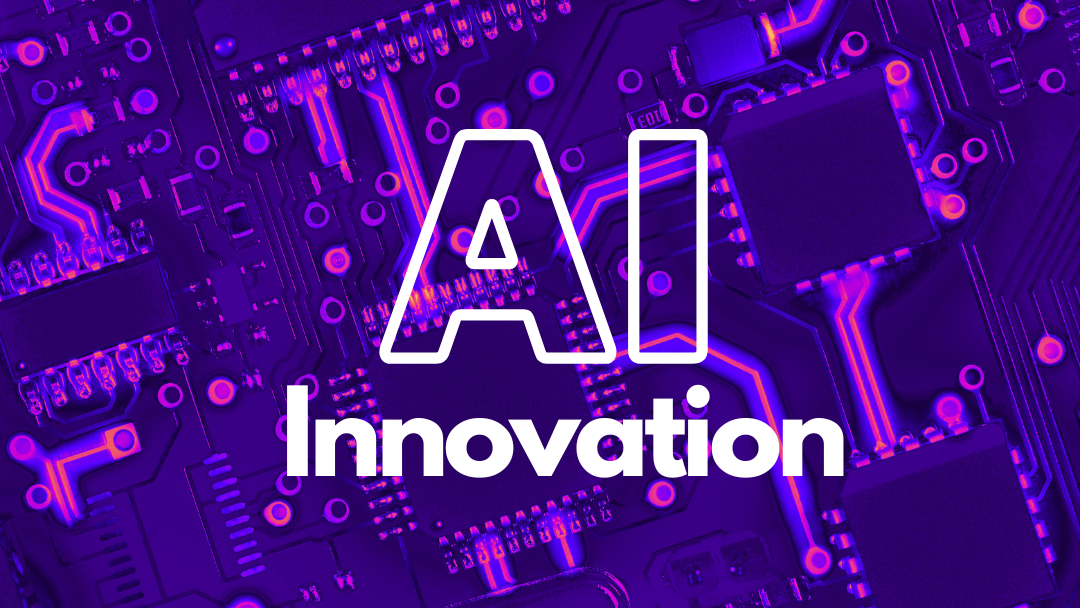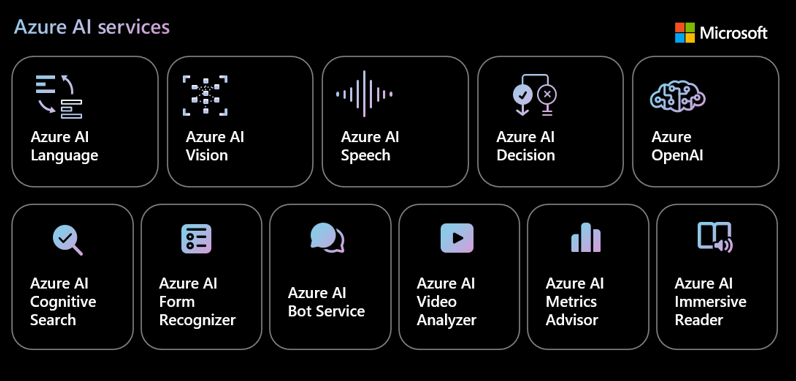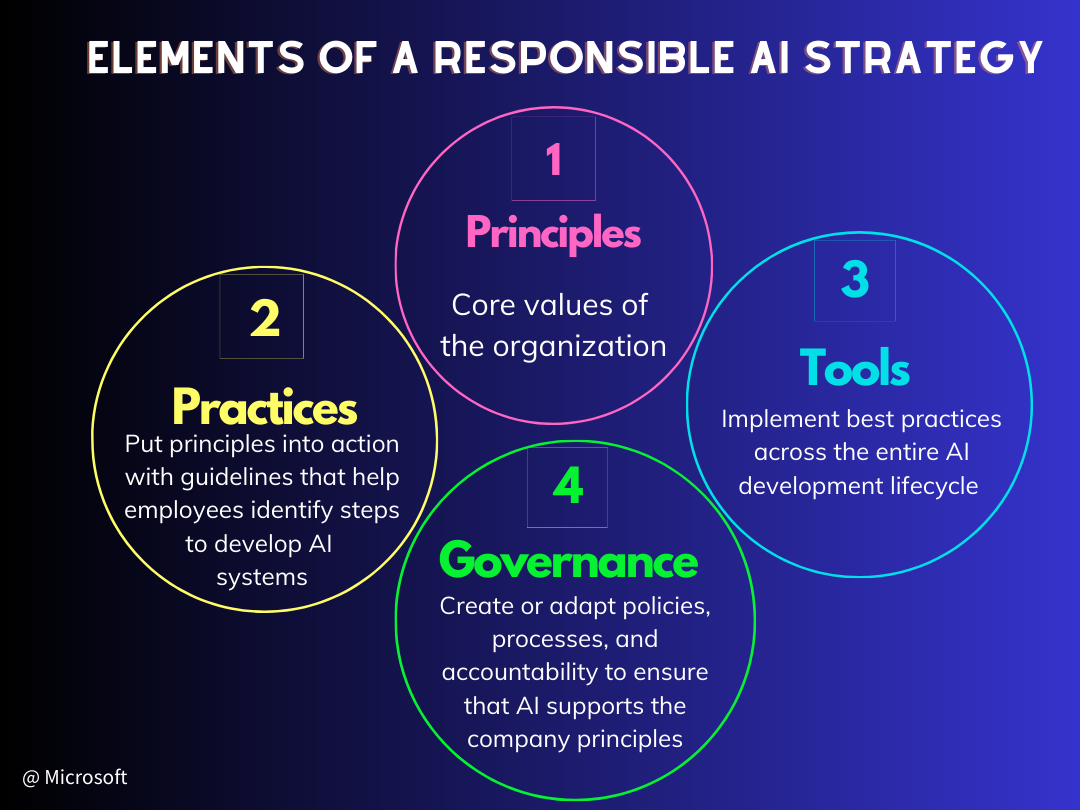My Journey at the Intersection of AI and Blockchain in Business
October 4, 2023
By Cesar Castro

Delve into a firsthand exploration of the powerful fusion of AI and Blockchain in the business landscape. Learn from personal experiences, understand the synergy between scarcity and abundance, and witness the democratization of AI. From enhancing compliance and transparency to redefining sectors like service and manufacturing, discover how these exponential technologies are reshaping business paradigms. Join this transformative journey to future-proof your enterprise.
Introduction: A Personal Reflection on Exponential Technologies
I wrote an article for ExO Insight Exponential Technologies in May: The Intersection of Blockchain and AI. Since then, I’ve witnessed an unprecedented acceleration in technological innovation. The merger of Blockchain and Artificial Intelligence (AI) has brought about a revolutionary shift that’s too compelling to ignore. If you’re a CEO of a mid-size business like many of the colleagues I’ve spoken to, you’ll find that the union of blockchain’s unparalleled security and transparency with AI’s intelligence creates incredible opportunities. These opportunities can transform your focus on growth, innovation in operational efficiency, and future-proofing your business.
Navigating the Duality: When Scarcity Meets Abundance
I recently tuned into an Ark Investment Bitcoin podcast, where a fascinating concept caught my attention: “The scarcity of Bitcoin is hitting the infinity of AI.” Think about it. AI can mass-produce endless content and analyze data sets that are virtually infinite. Meanwhile, the scarcity inherent in blockchain—especially visible in Bitcoin—brings value to each piece of data or content. This interplay between scarcity and abundance can be a strategic lever for decision-making. For instance, you can use blockchain to certify the quality and origin of products in your supply chain. Simultaneously, AI algorithms can streamline shipping routes and reduce transportation costs, enhancing operational efficiency.
Are Blockchain and AI Rivals or Teammates? A Case for Synergy
The Democratization of AI: Unleashing New Markets
One of the questions I frequently consider is whether blockchain and AI are competitors or collaborators. What I’ve found is they are most effective as allies. For those focused on innovation, imagine blockchain enabling a new democratization of AI algorithms. Your organization could offer specialized AI services in a blockchain-secured marketplace, opening new revenue streams and making high-end AI services accessible to the masses.
AI’s Role in Governance and Compliance
To me, one of the most transformative applications of AI is around governance and compliance. Let’s say you operate in the healthcare industry. Smart contracts powered by AI algorithms could automatically enforce HIPAA regulations or GDPR compliance, thereby mitigating risks associated with human errors or oversight. This is a tangible solution to the constant struggle to ensure regulatory compliance.
Transparency and Accountability: The Immutable Ledger
I find the ability of blockchain to audit AI behavior nothing short of groundbreaking. This level of transparency is incredibly empowering for CEOs who need to report to stakeholders and regulators. Your company could, for example, maintain an immutable ledger of all AI-powered financial transactions, implanting an unparalleled level of trust and operational efficiency.
My Personal AI: A Lifelong Learning and Defensive Tool

The rapid developments in AI have made me realize that each of us needs a personal AI—not just to foster a growth mindset but as a defense mechanism. With platforms like ChatGPT evolving to include real-time internet browsing capabilities, we can leverage AI for a plethora of business functions—from quick market research to instant customer service responses. For example, you could use a personal AI to perform a sentiment analysis on customer reviews. This can offer valuable insights into your product’s strengths and weaknesses, helping you make data-driven decisions. But with great power comes great responsibility—it’s our duty to ensure that we utilize AI responsibly, mitigating the risks of misinformation.
Making it Real: Practical Applications Across Sectors
In the Service Sector
I’ve found that applying AI and blockchain technology in the service sector can transform customer experiences. For example, an AI algorithm could predict customer needs based on past interactions, and thanks to blockchain, these transactions can be securely and transparently recorded. This paves the way for efficient, personalized customer service that can significantly impact your bottom line.
In Manufacturing
If you’re in manufacturing, consider the profound implications of integrating AI and blockchain in your supply chain. I’ve seen AI applications that can predict machine failures while blockchain can verify the authenticity of replacement parts. The two together enhance the supply chain’s reliability and integrity, effectively augmenting operational efficiency.
Conclusion: The Time for Action is Now
As a CEO deeply committed to growth and responsibility, I see the convergence of blockchain and AI as a toolkit that addresses our common challenges.
From identifying growth opportunities to compliance oversight. As we embrace these technologies, we’re not just solving today’s problems but shaping the industry’s future. And in doing so, we’re actively future-proofing our business.








